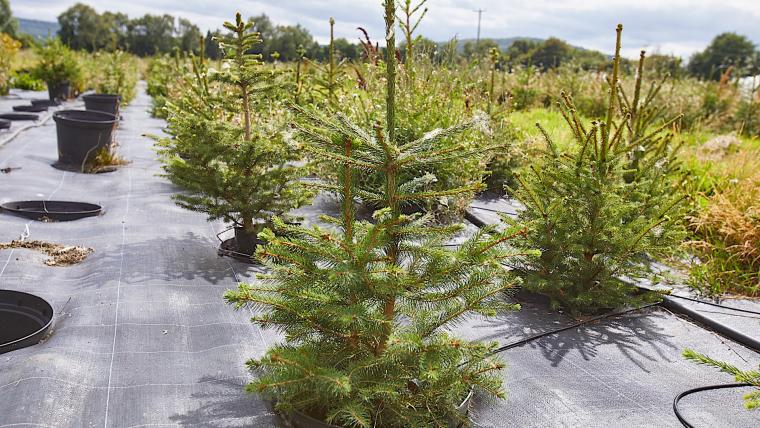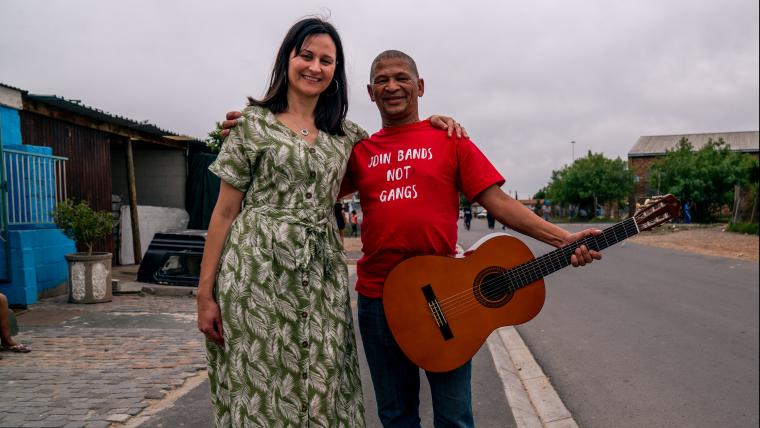
The urban gardener fighting monoculture from a small-scale plot in Khayelitsha
Can we move forward by returning to our roots? While modern food systems serve to sustain a global population of over seven billion, monocultural practices do more harm than good. The growth of a single crop on an expansive piece of land reduces the quality of the soil and contributes to rising carbon emissions. But Xolisa Bangani believes that the solution to this problem lies in our hands – and the ground we walk on. That’s why he’s spurring an organic revolution in the township of Khayelitsha.
In 2013, Bangani approached Isikhokelo Primary School and asked to turn an unused plot of their land into a community garden. Within a few months, he remodeled the sandy 700m2 tract into the Ikhaya Kulture Garden. Bangani has planted an array of vegetables, fruit, and herbs, utilising the small area to its full potential. “The idea of planting one particular crop doesn’t do justice for the earth,” Bangani says. “The monoculture of farming and its mass production scale is a massive influence to our climate demise.” His garden not only supplies the school kitchen, but serves as the grounds to educate youth about the principles of permaculture. “I’m able to teach my community the power of sustainable gardening,” Bangani says. “Permaculture works well with nature and uses the biodiversity of plants.”
With the tools to transform their environment, children are empowered to effectively use and care for the land. Bangani’s garden has inspired similar projects in the area, and is host to monthly food markets and educational workshops. Through this welcome shock of greenery, Bangani is revitalising both the soil and his community. “Our earth is no longer simple land to take and use,” he says. “It’s our time to return to our collective health and environment.”






























Please sign in to leave a comment